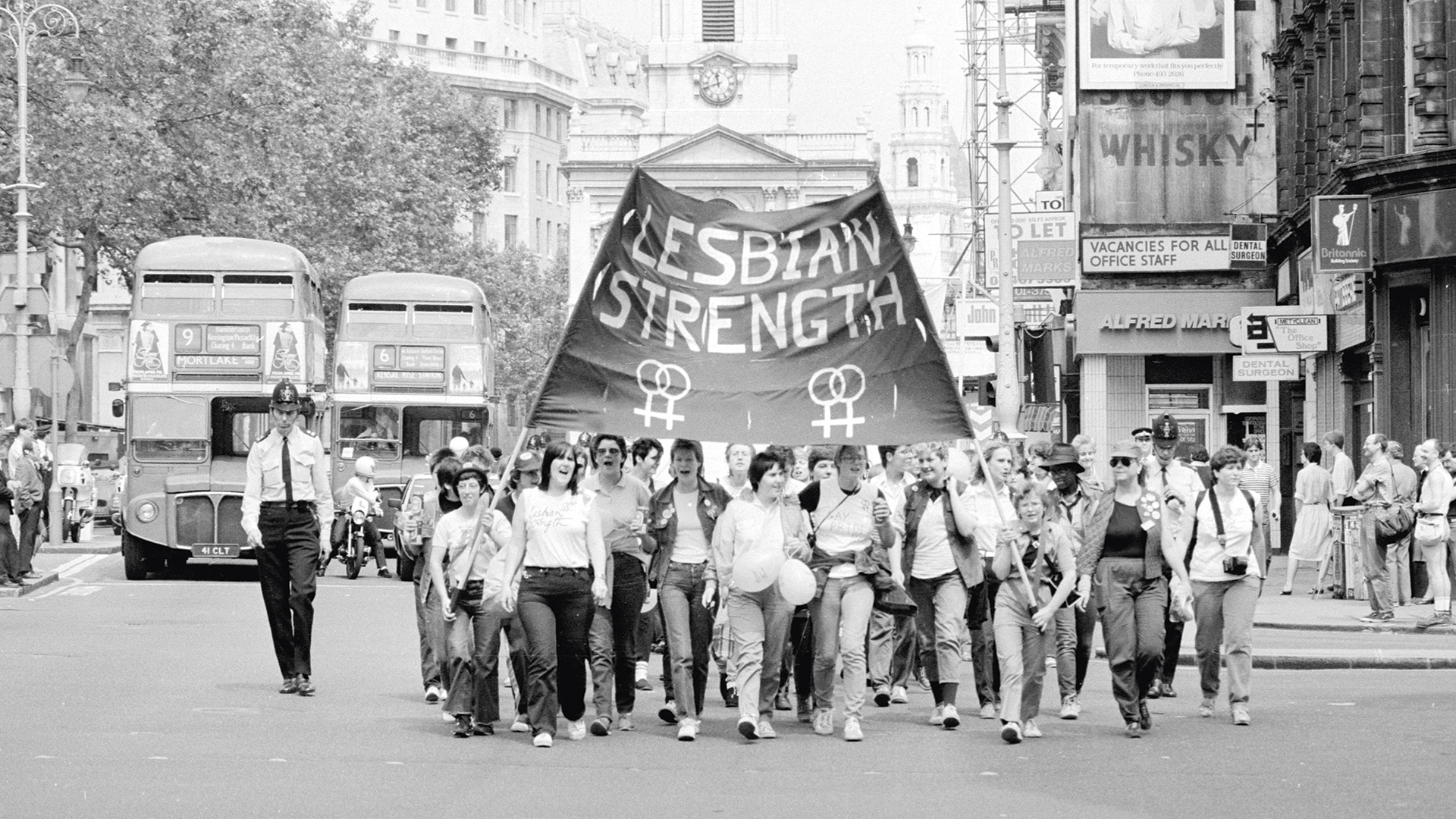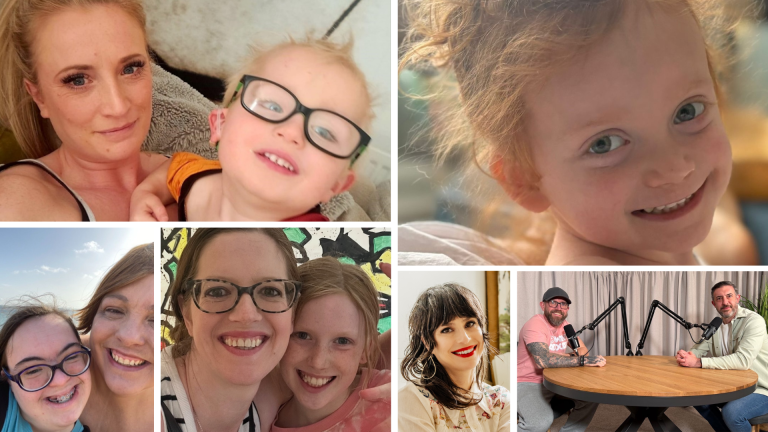There is “enormous power” in being a lesbian, campaigners have declared, yet a staggering eight in 10 young queer women say they’ve felt “ashamed” of their sexuality.
The shocking research reveals that young lesbians are the most likely of any queer demographic to want to hide their identity.
Just Like Us, the LGBTQ+ young people’s charity, surveyed 3,600 18 to 25-year-olds to obtain the sobering results. They reveal that “lesbophobic stereotypes are still rife in 2024,” said chief executive Laura Mackay – but Lesbian Visibility Week, which runs until Sunday, is a chance to fight back.
“Lesbian Visibility Week is the perfect opportunity for the LGBTQ+ community and our allies to come together and show lesbians that they have nothing to be ashamed of; that they are valid and deserve to be celebrated,” she said.
- ‘Sport saved me’: Paralympic legend Lauren Rowles on queer joy, Paris 2024 and becoming a mum
- ‘Not fit to be PM’: Calls for Rishi Sunak to resign over trans jibe in front of Brianna Ghey’s mum
What is Lesbian Visibility Week?
Lesbian Visibility Week is celebrated in the fourth week of April every year, and includes Lesbian Visibility Day (26 April). Founded in 2020 by DIVA magazine publisher Linda Riley, it aims to increase the global visibility of lesbians and to highlight the issues they face.
It is a “joyous celebration” of lesbians and all LGBTQ+ women and non-binary people, says Nancy Kelley, the former CEO of charity Stonewall and DIVA magazine’s lead on Lesbian Visibility Week.









